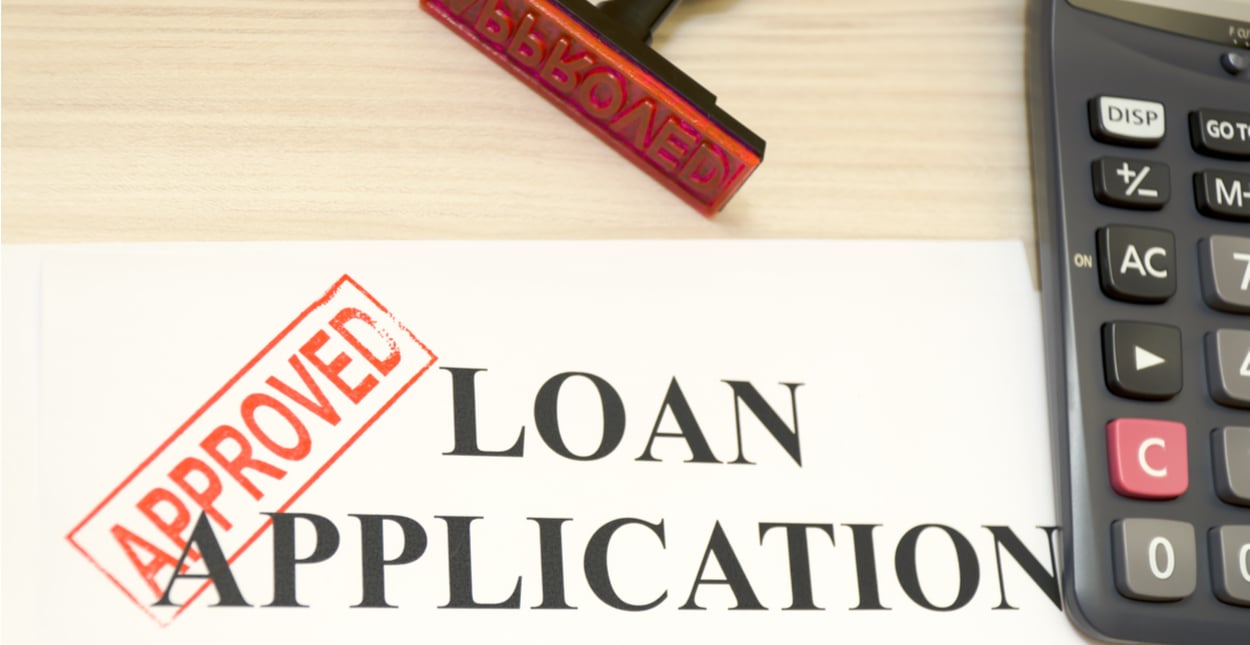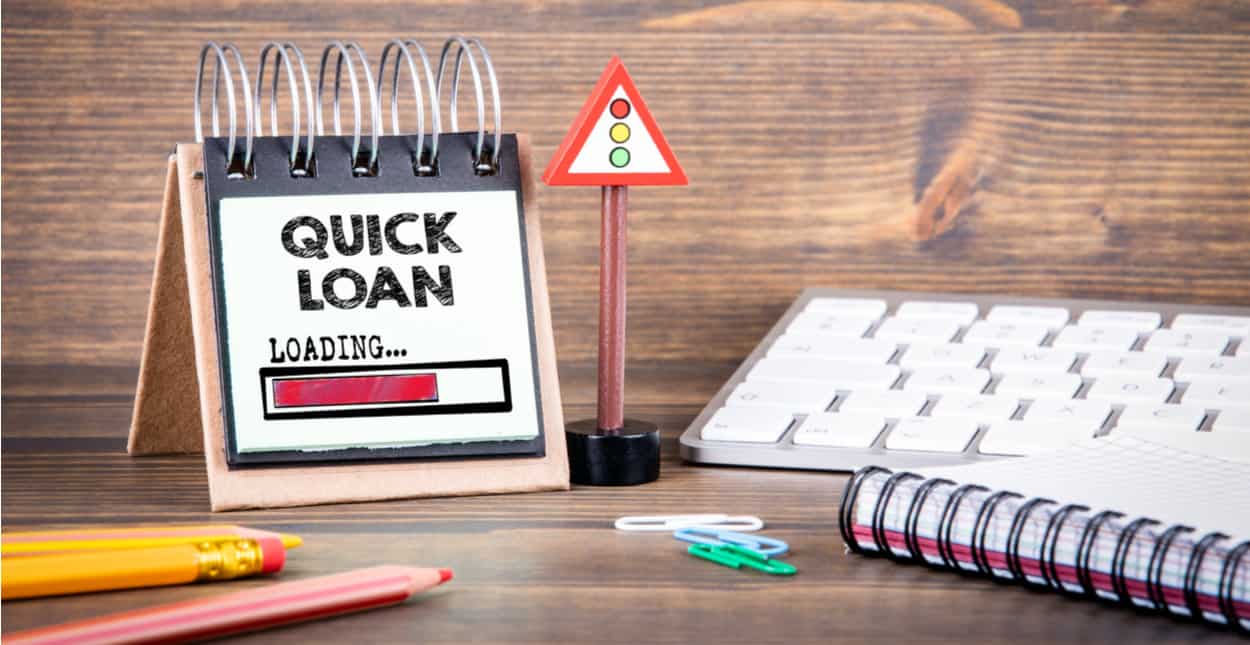Payday Loans For Bad Credit Instant Approval

In a landscape where financial anxieties loom large for many Americans, the allure of quick cash through "payday loans for bad credit instant approval" is proving to be both a lifeline and a potential trap. Promises of immediate financial assistance, regardless of credit history, are increasingly prevalent, particularly online.
This has led to a surge in demand for these services, but also significant concerns regarding their long-term impact on vulnerable individuals.
Payday loans, often marketed as short-term solutions for unexpected expenses, have become a double-edged sword for those with limited access to traditional credit. They provide immediate relief, but the exceptionally high interest rates and fees can quickly lead borrowers down a path of debt.
The Allure and the Reality
The core appeal of payday loans lies in their accessibility. Traditional loans from banks and credit unions often require a strong credit score and a thorough application process, disqualifying many who desperately need financial assistance.
Payday lenders, in contrast, often advertise "no credit check" or "instant approval," making them attractive to those with poor credit histories or limited financial options.
The "instant approval" aspect is particularly enticing. Borrowers facing urgent bills or unexpected emergencies find solace in the promise of immediate funds deposited directly into their accounts.
However, this convenience comes at a steep price. The Consumer Financial Protection Bureau (CFPB) has repeatedly warned about the dangers of payday loans.
While laws vary by state, payday loans typically come with exorbitant interest rates, often expressed as an Annual Percentage Rate (APR) well into the triple digits. These rates can far exceed those of credit cards or other forms of borrowing.
For instance, a two-week loan of $100 might carry a fee of $15 or $20. This translates to an APR of nearly 400% or higher. These fees, coupled with short repayment terms, often trap borrowers in a cycle of debt.
The Cycle of Debt
Many borrowers find themselves unable to repay the loan in full on their next payday. This forces them to renew or "roll over" the loan, incurring additional fees and interest charges. The initial loan amount then becomes a burden, constantly increasing as more fees are added.
The CFPB has found that a significant percentage of payday loan borrowers end up reborrowing multiple times. This demonstrates the addictive nature of these loans, as they tend to create, not alleviate, financial problems.
According to a study by the Pew Charitable Trusts, 58% of payday loan borrowers have trouble meeting monthly expenses at least half the time. This demonstrates a real risk.
This statistic highlights the vulnerability of those who rely on payday loans and underscores the potential for these loans to exacerbate their financial instability.
Alternative Solutions and Responsible Borrowing
Given the inherent risks of payday loans, it's crucial for individuals to explore alternative solutions. Credit counseling agencies can offer advice on budgeting and debt management.
Community banks and credit unions often provide smaller, short-term loans with more favorable terms than payday lenders. Exploring these options can help borrowers avoid the predatory practices associated with payday loans.
Financial literacy programs can empower individuals to make informed decisions about borrowing and managing their finances effectively.
It’s important to note that, in certain cases, states have implemented regulations to restrict payday lending practices. These may include caps on interest rates, limits on loan amounts, and restrictions on loan renewals.
While regulation offers some protection, the proliferation of online payday lenders operating across state lines makes enforcement challenging.
The Evolving Landscape and Future Implications
The rise of online payday lending has further complicated the regulatory landscape. Online lenders often operate outside the purview of state laws, making it difficult for regulators to protect consumers from abusive practices.
The demand for fast cash will likely persist. As such, lawmakers and consumer advocacy groups are looking for sustainable solutions.
This includes increasing access to affordable financial services and promoting financial literacy programs. These actions are essential in helping people avoid the debt traps associated with payday loans.
Looking ahead, the future of payday lending will likely involve a combination of increased regulation, consumer education, and the development of alternative financial products.
The challenge lies in finding a balance between providing access to credit for those who need it and protecting vulnerable individuals from predatory lending practices. Failing to do so could result in devastating financial consequences for those who can least afford them.


















